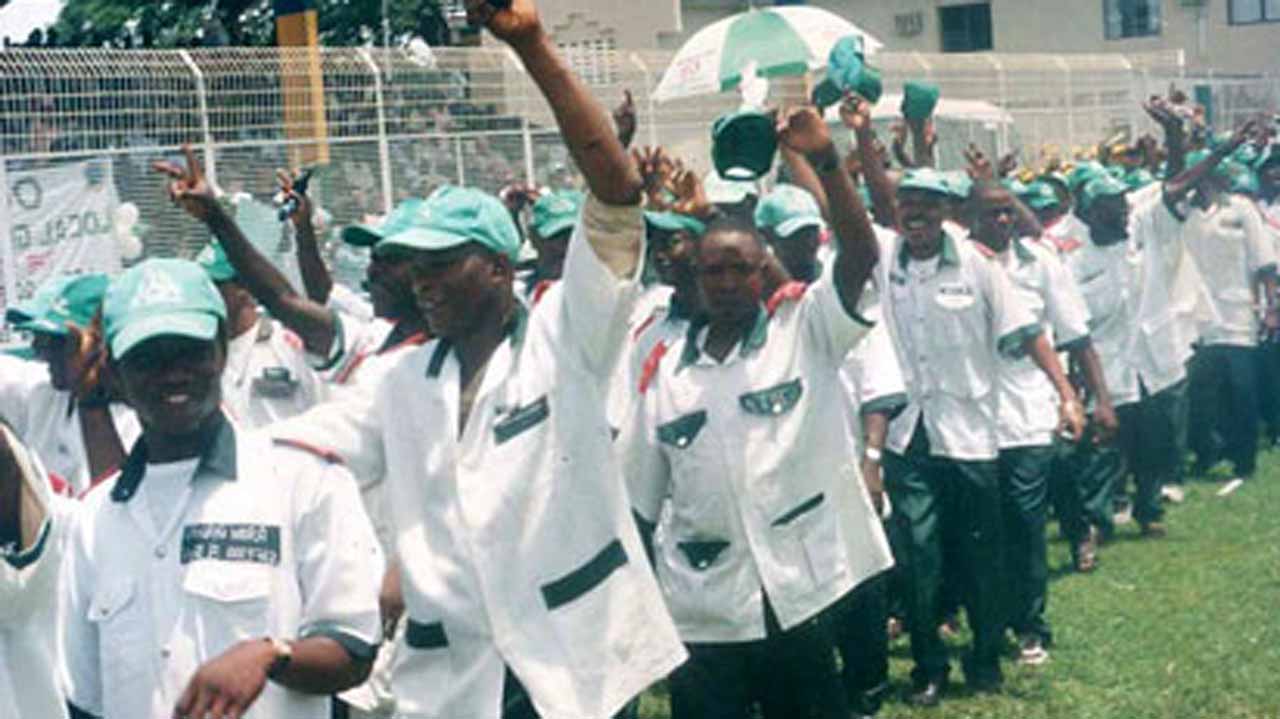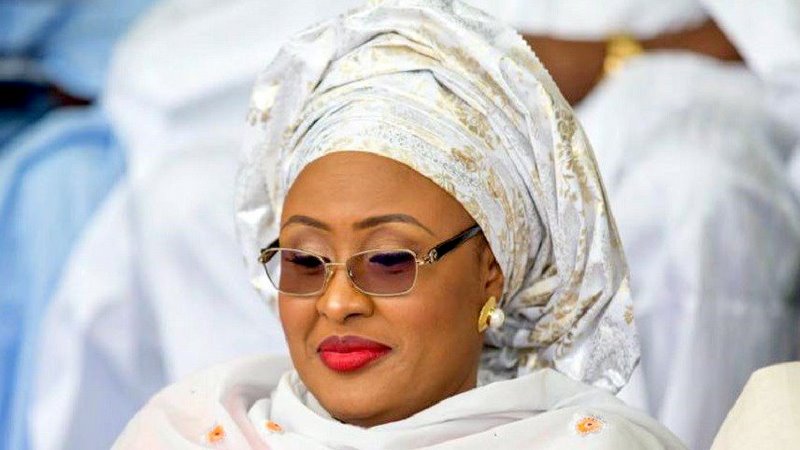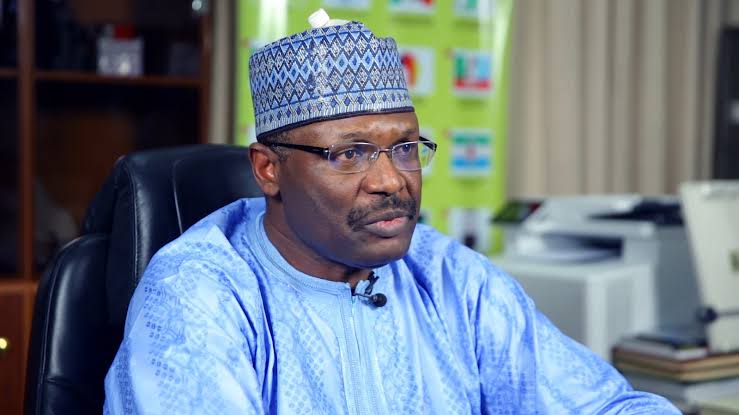Democracy thrives with the rule of law. The fundamental principle is that the law is always supreme and must be the guiding spirit of all actions in public life. Those who fail to abide by the letter and spirit of the law get punished. If a law is found wanting or repressive, using the instruments of the legislature or judiciary, the law is interpreted, amended, or repealed. The constitution is the bedrock of the law, and any rule or law that conflicts with the constitution is null and void and of no effect. These are the foundations on which our democracy is built. Instead of abiding by these principles, politicians, political parties, and power wielders act rascally and abuse the laws with impunity. Little wonder, the INEC recently warned all political actors and parties to comply with the constitution, the electoral act, the provisions of their own constitutions, and the guidelines issued by INEC.
Is there anything in our genes or nature that says we cannot obey rules? From historical antecedents, Nigerian political parties and political elite have little or no room for compliance with rules, laws and statues, and I mean any law at all. Nigerian political parties can pass for a good study in lawlessness and rascality. Partly, this may be why there is increased judicial intervention in our politics, both in internal party affairs and in electoral outcomes.
In our democracy, political parties are supposed to be vital institutions that provide the platform under which people participate in politics. Using a football analogy, political parties are like football clubs where all members share the same hope and aspirations that the club succeeds in football games and tournaments. The club creates its brand, ideology, and essence and puts in place the administration to select, coach and mobilise a team to compete effectively in football tournaments. So, the club is not just a vehicle for winning football games but an institution that represents an ideology, a way of life and the collective vision of its members and supporters.
Likewise, political parties are not just vehicles for winning elections, but critical institutions of democracy built on solid values, ideologies, and visions. As a critical democratic institution, a party must allow rules and laws to guide the power struggle. When this is not the case, anarchy is inevitable.
Parties must never cherry-pick which rules or laws to comply with and which ones to jettison. This flagrant disregard for the rule of law, even parties’ own constitution, has led to great distrust by the people and is part of our perennial leadership malaise. No matter what political party leadership says, Nigerians are sceptical that there is no place for rules in this part of the world. At least, this is what the political actors have sown in the minds and heads of citizens. Nigerians now believe politics is a game with no rules, not fit for anybody with a modicum of moral foundation.
This lawlessness and impunity exhibited by parties force the exclusion of capable leaders from joining politics. It is disturbing that whenever I discuss with great private sector leaders the importance of joining politics to increase the quantity and quality of leadership in our political space and enrich our democracy, and better the lives of our people, they often come back with “this your Nigerian politics is too dirty and uninspiring for us”. The famous social scientist Professor McKenzie probably had Nigeria in mind when he warned several years ago that “if the rules limiting the struggle for power are not observed more or less faithfully, the game will disappear amid the wreckage of the whole system”.
However, Nigerian parties are victims of society’s rascality, which started in the military era, but they have gone ahead to perfect the lawlessness and rascality with impunity. Our political parties and stakeholders chose to borrow and adopt a military culture of impunity where a tiny clique of influential party leaders believes their interests are above the party rules and the law of the land. The rules and laws make no meaning to these political overlords, and they breach the rules and laws, and political parties expect that there will be no consequences. The rascality of political actors have led to the emergence of judicial rascality especially on matters of political dispute.
Political rascality is an open invitation to anarchy which we are yet to realise because the political elite often got away with it. The established norm is that the rules to which we collectively subscribe guide the right of the individual members of a political party and citizens.
Recently, INEC also called on parties not to conduct primaries outside the constituencies for which parties are nominating candidates in line with Section 84 of the Electoral Act 2022. This rule is clear, and all parties know about it. However, it will not surprise anyone interested in politics in Nigeria when some parties flagrantly begin to break this rule and conduct primaries outside the constituencies for which the parties nominate candidates. In the past, we had examples of party primaries happening entirely outside of the constituencies or sometimes in “unknown” places for the interest of some selfish leaders within the party.
Also, INEC has provided a nascent timetable of political activities. We expect the parties to follow this timetable and abide by the procedural and operational guidelines stipulated by INEC. Some parties neglect this timetable and dictates of the procedures and rules as stipulated by INEC and superimpose their own on the party for various ulterior motives that may be anti-democratic.
In the internal processes of some Nigerian political parties, the personal interest of the leaders dominates the collective interest and good. Personality cult, blind loyalty to individuals, opportunism, personalised rule triumph over generally accepted rules and laws. They trivialise respect for laws and rules and popular participation. Some leaders foist candidates on the party based on parochial interest that is not in the interest of the party or the country.
This anomaly has led to a situation where people with no proven record of leadership or people management occupy sensitive positions of authority with no knowledge or skills to perform and no moral standing to do what is right other than doing what the leader wants. In this circumstance, democracy and the people suffer. Following the party’s rules as stipulated in the party’s constitution, the electoral act and the constitution will only strengthen democracy and attract quality and suitable people to take leadership responsibilities.
This rascality of parties has led to increased intraparty conflicts and pre-election litigations. In the past, such intraparty conflicts and pre-election litigations were a rarity. Since this current democratic dispensation, there has been a phenomenal upsurge in such matters, significantly impacting Nigeria’s electoral process. Some of such matters have reached the supreme court. Furthermore, the judicial decisions at the apex court on these issues have re(shaped) our electoral ecosystem for generations to come.
I must state that there is a need for our country to move back to the period when such intraparty conflict hardly existed, much more occupying the precious time of our justices to adjudicate matters that they would rather not venture into at all.
There are many examples where the rascality of parties has cost the parties and their members dearly. The example of Zamfara State APC is still fresh in our minds. In the Zamfara case, the supreme court’s decision significantly impacted the electoral system and allowed another incursion of the judiciary into our politics. The parties are still reeling from the consequences of the intraparty conflicts that led to the problems.
I hope all stakeholders must work hard to avert such conflict and minimize judicial intervention in electoral outcomes. The basics of most intraparty conflicts are the impunity and rascality of the party and the party leadership, and they must reduce this to the barest minimum. They are, in fact, the bane of our democracy.
The rascality of parties is heinous in three significant ways. It is wishful thinking to expect a group of lawless individuals to lead a peaceful and prosperous country based on law and order. No group of individuals, be they a political party or otherwise, can give what they do not have. Besides, if the political parties can disregard their constitution, ignore INEC guidelines, breach the electoral act, and assault the country’s constitution, then democracy is in danger. Furthermore, a political party lacking internal cohesion and discipline cannot successfully administer the state or the people even if it succeeds in winning elections.
We expect parties to have mechanisms for internal discipline, internal self-correction, and internal protection of the rule of law. Nigerian political parties must follow the laws. They must provide platforms credible enough to form governments that are peopled with individuals who agree with and abide by the ideology and principles embedded in the party, have the leadership qualities to deliver dividends of democracy to all and have an overwhelming desire to obey the rules and laws of the parties, INEC, the Electoral Act, and the constitution of the country. Intraparty conflicts which often lead to pre-election litigations are bad omens that do us no good, and they subtract from our democracy and are distractions from the serious business of leading and serving the people.
In the end , I recommend that political parties set up mechanisms to ensure that the parties abide by all the rules and laws guiding internal party systems and external party activities regarding pre- election, election, and post-election. Leaders in political parties should stop any actions or inactions that are undemocratic and unlawful, which is the basis of conflict within the party. The personal and selfish interests of leaders must be subsumed whilst the collective interest of the members must dominate. Nigerians are becoming politically savvy. Recent events show that Nigerian youths are waking up to their responsibilities and are mobilising to make an impact. Any party that neglects this fact and goes back to “business as usual” may be creating its doom. In the 2023 general elections, let us say no to party rascality and impunity!





